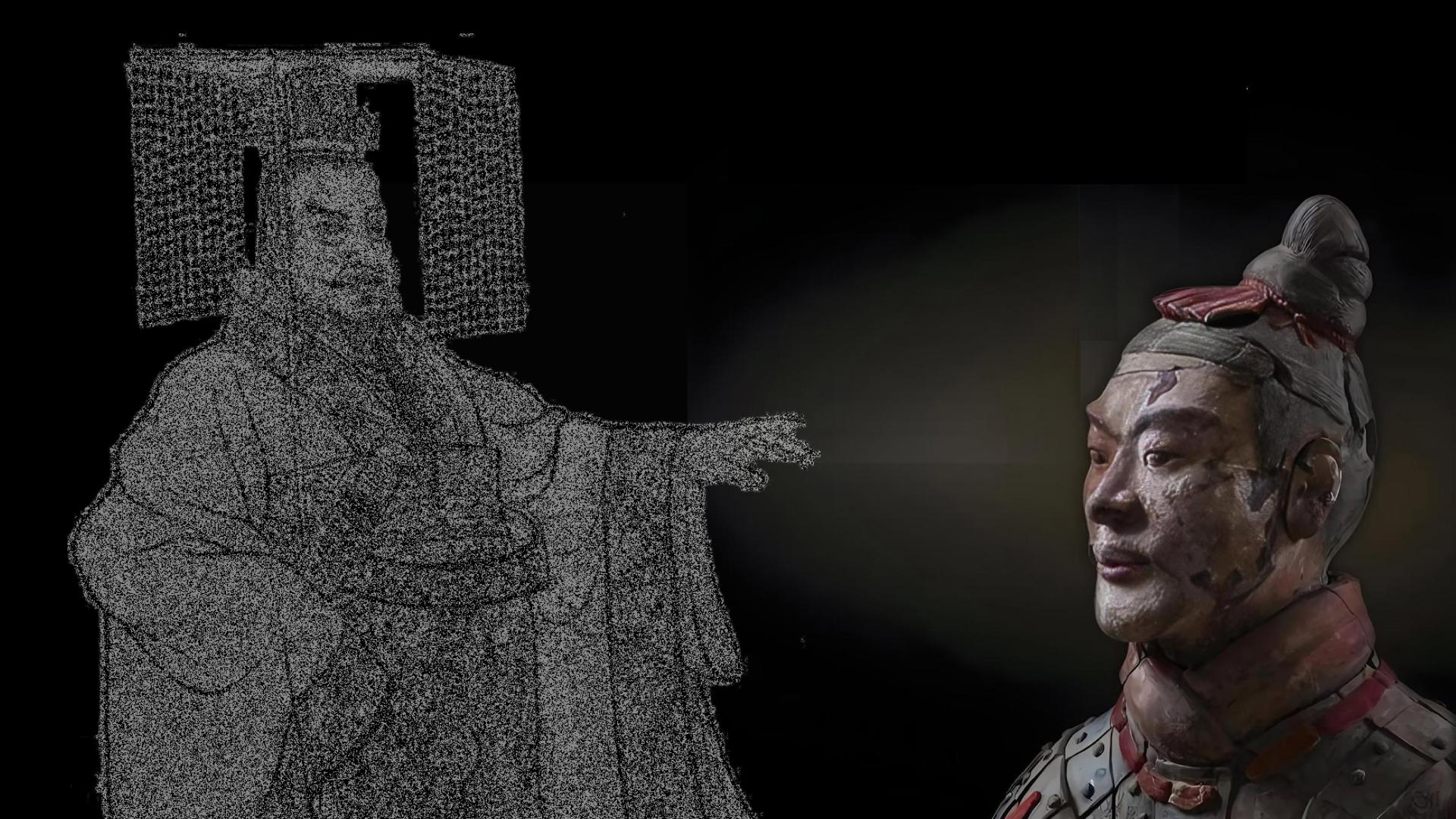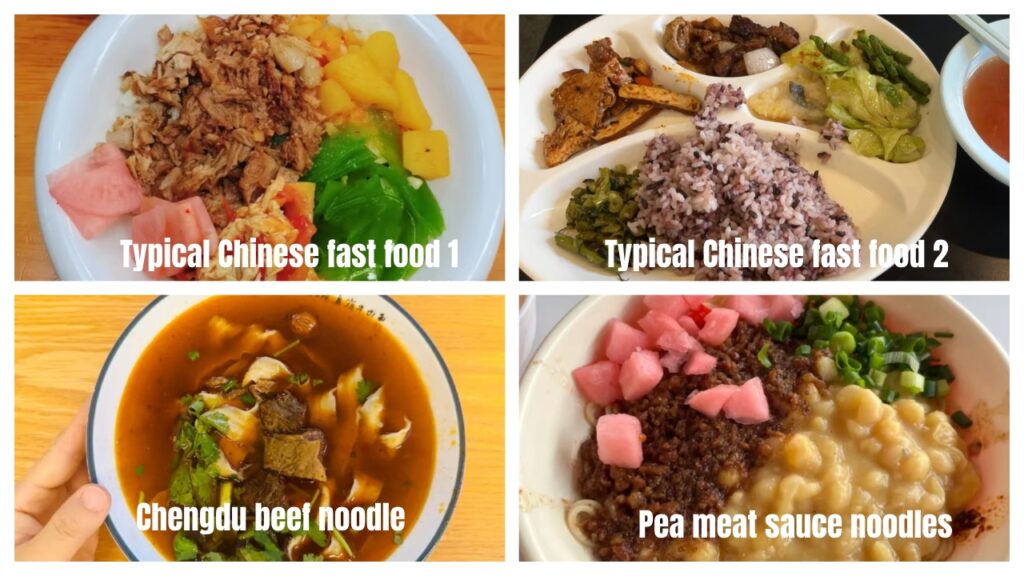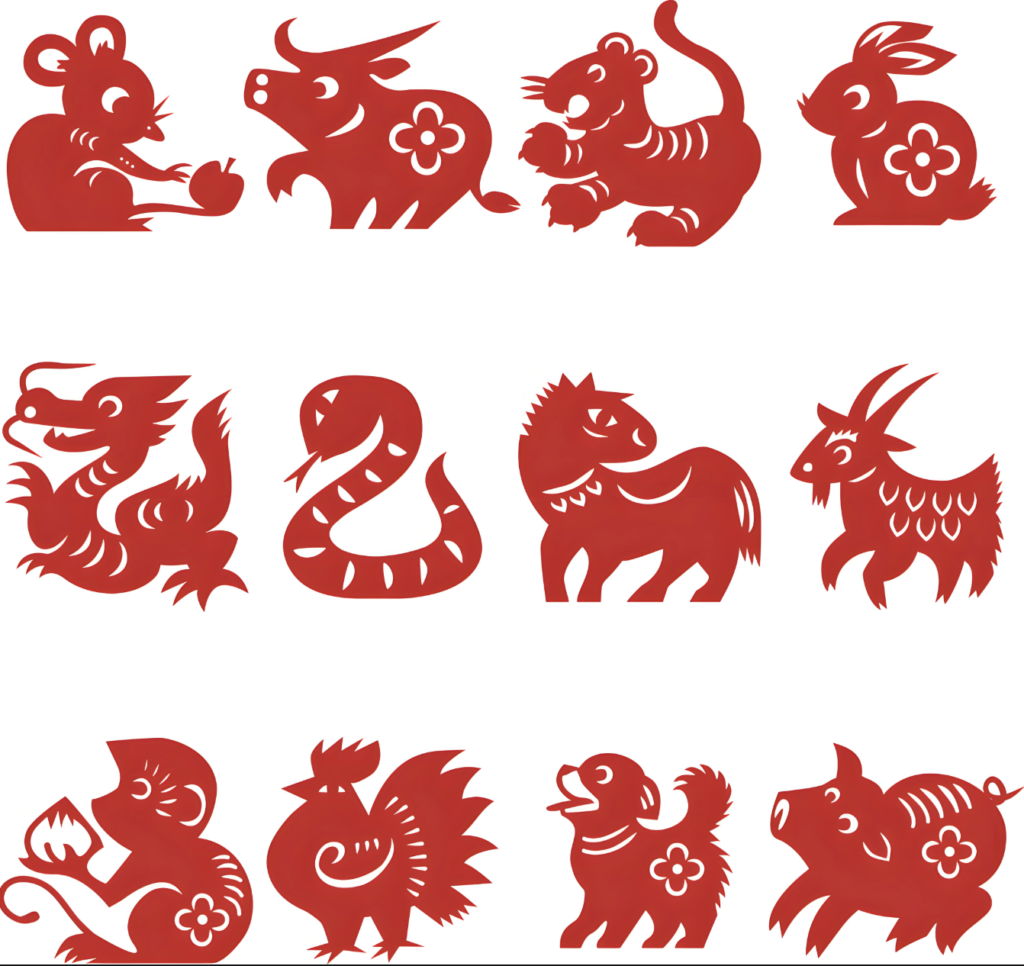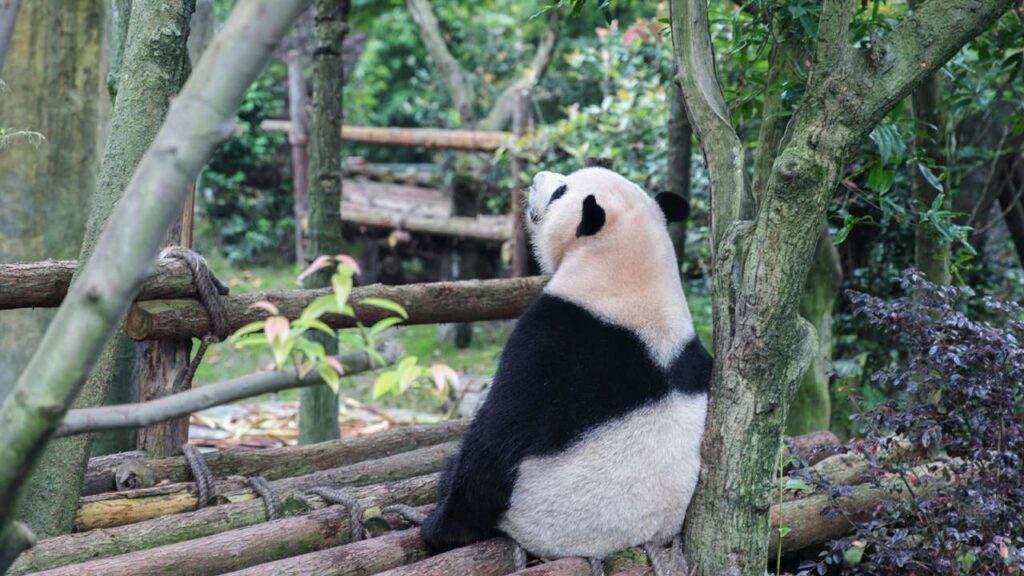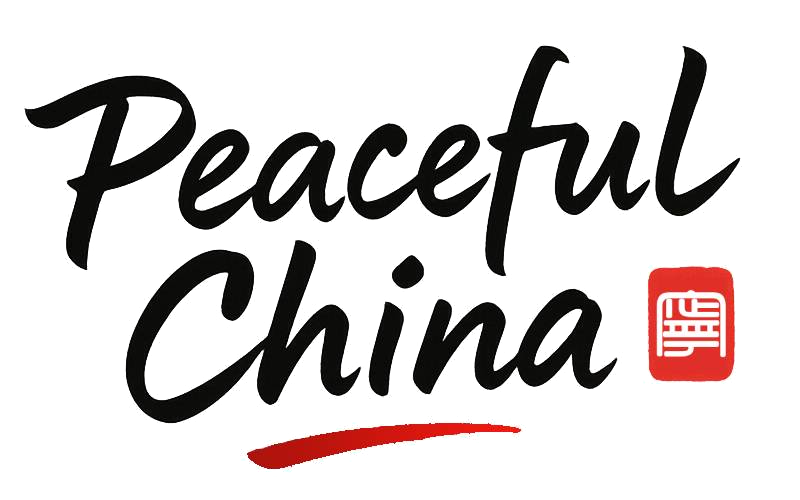Introduction
I am Ying Zheng (嬴政), also known as Zhao Zheng (赵正), or perhaps you are more familiar with my other name, Qin Shi Huang (秦始皇). Some people praise me for being the “First Emperor of the Ancient World”, for uniting the six kingdoms and laying the foundation of China, while others criticize me for my tyrannical behavior, for burning books and burying scholars, and for my harsh and cruel laws. Today, I would like to tell my story in person, and leave it to you to decide what is right and wrong.
My story begins at the end of the Warring States period, which was a time of the weak and the strong. In order to make the echoes of history even longer and more powerful, I will from time to time intersperse some observations on the real society and international storm clouds, and I hope that the past and the present will be mirrored for your contemplation.
1.1 Born of a Hostage: The Royal Roots of Qin Shi Huang
My great-grandfather was King Zhaoxiang of Qin. His son, Lord Anguo—my grandfather—was the crown prince and later ascended the throne as King Xiaowen. Although my father, Yiren (later renamed Zichu), was a grandson of the king, my father was the least important, the most insignificant, and the least promising one of the more than 20 grandsons of his grandfather, due to the lowly status of my grandmother.
During the twenty years before I was born, there were many wars between Qin and Zhao. In order to put off the wars, my great-grandfather simply took my father as a hostage (note: the ancient practice of exchanging hostages between countries to maintain apparent peace). It was a bit like being a royal chess piece—fancy on the outside, but moved around by others, and expendable if things got tense. This was a cold move: even if Qin and Zhao went to war again, Zhao killing my father would not cause any substantial loss to Qin.
1.2 Surviving Handan as a Political Pawn
My father lived like a wild dog in Zhao – no money, no freedom, and the possibility of losing his head if the two countries flipped. These days lasted for years until a merchant named Lu Buwei came along.
2.1 The Best Angel Investor Ever
There was a merchant in the state of Wei(卫), Lü Buwei, who was doing international trade business and soon became a rich man in those turbulent times. One time he met my father, Yiren, on a business trip to the State of Zhao, and thought that my father was a potential stock with huge appreciation.
Lü Buwei, who practiced the concept of value investment, immediately decided to “buy in” him, and if this risky investment was successful, he would not only gain unimaginable wealth and power, but also be able to cross the class and honor his ancestors. This is the origin of the Chinese idiom “Qi Huo Ke Ju”(奇货可居). According to the current rate of return on investment, I wonder who can be the best investor, Lü Buwei or Warren Buffett.
Culture Tips: In the traditional Chinese mindset (more about the cultural logic of the Chinese people), occupations from noble to lowly are shi (civil servant), nong (farmer), gong (craftsman), and shang (merchant). This influence is so deeply rooted that even today, when business and technology are so prosperous and progressive, the National Civil Service Exam is still one of the most popular exams in China , and a significant number of people believe that becoming an official is the best choice.
My father and you, the reader, would have thought that he would have been grateful to return to Qin alive, and that Lü Buwei’s grand idea of him succeeding to the throne must have been even more of a fool’s errand.
Lü Buwei gave my father a large sum of money, so that he could actively contact the dignitaries and famous families in the state of Zhao, either by inviting them to dinners or giving them gifts and money, and slowly my father became famous in the circle of the nobles in the state of Zhao, and everyone praised him for his high moral character and integrity. 🙃
In order to take good care of my father in all aspects, Lü Buwei gave my father a beautiful dancer named Zhao Ji as his wife, and one year later, on February 18, 259 BC, I was born. According to the Chinese zodiac sign, I am a tiger, symbolizing courage, strength and power; according to the Western zodiac sign, I am an Aquarius, with an independent, innovative and rebellious spirit and temperament. Both Eastern and Western methods of prediction can be surprisingly accurate.
2.2 The Mystery of My Birth
Only later, there were some shocking tidbits of information: when Lü Buwei gave Zhao Ji to my father, Zhao Ji was already pregnant. In other words, it is possible that I am Lü Buwei’s son.There were moments I wanted to sit down with Jon Snow from Game of Thrones over a drink and unpack our tragic backstories. But adulthood hit me hard: who cares? In the end, it’s the one who takes the Iron Throne that matters.
My birth was clouded by rumors, and my future shaped by deals made in the shadows.
In the next chapter, we’ll explore another masterpiece of the art of the deal—a triumph of persuasion. Lü Buwei moved with bold precision, rewriting the fate of a hostage, a concubine, and a child—and in doing so, reshaping the course of the Warring States and the history of China.

